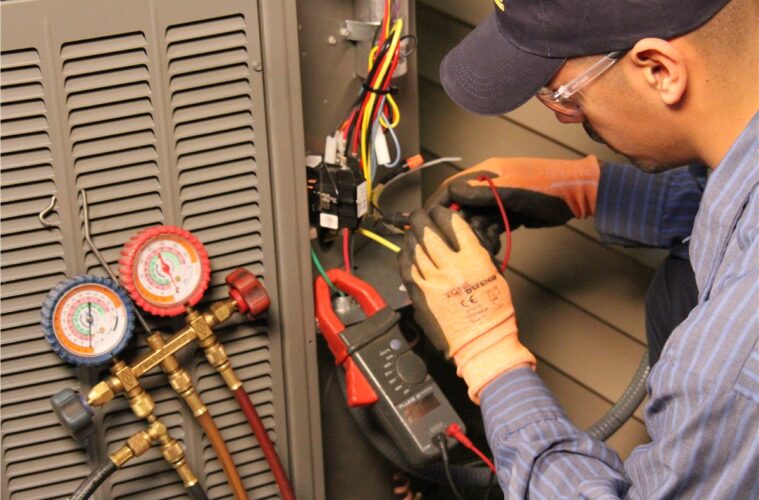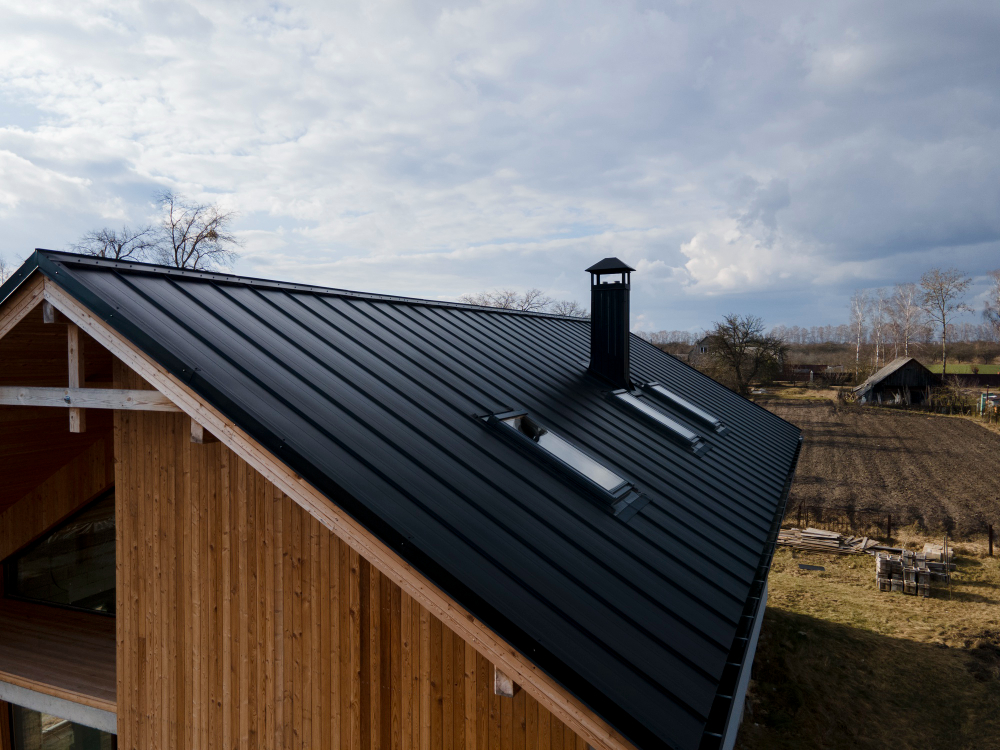Boiler maintenance should be an integral component of any home or facility’s energy management plan, as a broken boiler could result in severe damages to both life and property.
To avoid this situation, create a comprehensive preventive maintenance checklist for your crews to follow.
Check the Water Level
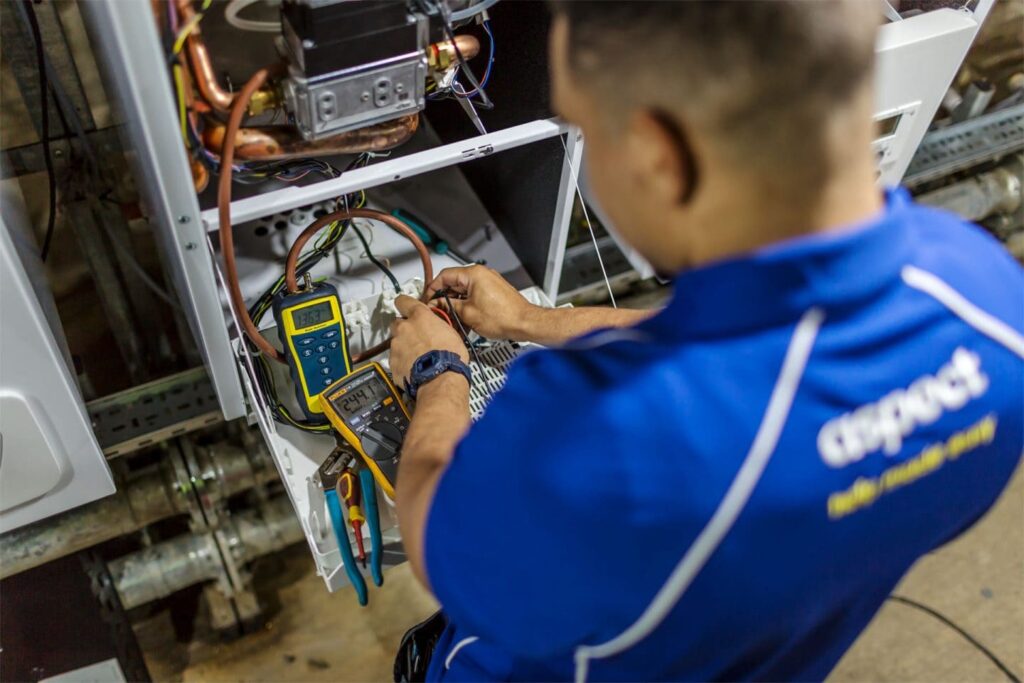
source: pinterest.com
Boilers require a certain minimum volume of water to operate, and it’s vital that this level is kept steady using the sight glass on the boiler.
Though minor fluctuations are normal, constant monitoring should occur so if water levels begin to dip unexpectedly an alarm or feed pump can be activated as soon as possible.
If a boiler continues to operate without water in it, its operation could become impaired and even cause damage or an explosion. By including daily checks in your building’s maintenance schedule, you can identify these potential issues early and stop them from becoming major concerns.
Checking the water levels in a boiler doesn’t require extensive effort, but does take some patience and diligence. A sight glass should suffice in providing visual confirmation that all is well, while low water point warning systems feature sight glasses which change color as soon as levels fall too low, and can sound an alarm as an early warning system.
An additional, more involved approach involves draining or “blowing down” your boiler periodically to flush away dissolved solids that contribute to corrosion, scale build-up, and other issues that shorten equipment lifespans. Another method uses floating sensors that monitor water level in your boiler but must be calibrated and maintained regularly for best performance.
Professional chemical tests of your boiler water can also provide valuable insight.
Such assessments will give you an idea of its quality and suitability for use, helping determine how frequently you will need to blow down to reduce buildup of unwanted materials in the form of deposits or build ups. A comprehensive maintenance schedule is essential to keeping boilers operating at optimal efficiency.
Check the Overflow Pipe
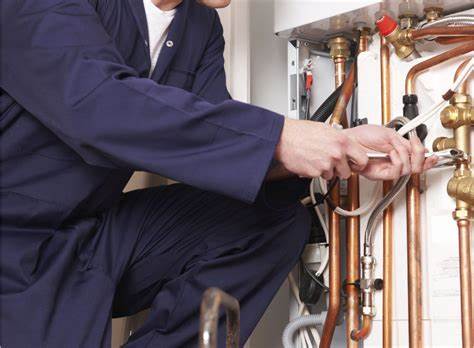
source: pinterest.com
Your boiler contains an overflow pipe similar to those found in water tanks and toilet cisterns that lead out from your house to the outside of it. If this pipe leaks, it could indicate either that your system has overflowed, or one of its pipes requires attention.
When an overflow pipe begins leaking, it’s likely the result of a damaged float valve. These plastic or metal devices feature a moldable ball connected with them that sits atop water tanks or cisterns and regulates how much water enters them. When broken, however, this ball will begin leaking directly out through its overflow pipe into your basement or cellar.
Finally, the overflow pipe may be leaking due to corrosion in its pipework or pump issues. A corroded pipe will develop leaks over time, so replacing it promptly is recommended as well as changing out any washers found within it.
Inspection of pipework is just as essential as inspecting the boiler itself. Keep an eye out for signs of rust or corrosion inside and outside of the boiler, cracks or other physical changes in tubes themselves as well as cracks that appear between tubes; should any issues arise it would be wise to contact an experienced plumber as soon as possible.
Insulation on pipes and surfaces that contact water in a boiler should be checked for its primary purpose, keeping heat inside. Wet or cracked insulation needs to be immediately replaced for maximum heat retention in your boiler.
Inspect the exterior of the boiler for any discolored areas; any signs of leaks or malfunction could indicate problems in its thermostatic control.
Check the Heat Exchanger
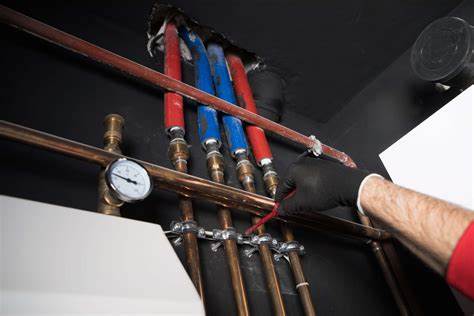
source: pinterest.com
Heat exchangers in boilers convert gas into energy that heats your hot water, as well as circulating it throughout your system (radiators, towel rails and pipework) before being returned via the return pipe for reheating. They’re an essential component of any boiler’s functioning that should always remain in good condition for optimal performance.
Any cracks in this system can allow Carbon Monoxide gas into your home – an extremely dangerous hazard with no taste, smell or color that may lead to headaches, dizziness or nausea if left unchecked!
Install a carbon monoxide alarm near the boiler for optimal protection in your property, and if the alarm sounds immediately exit and contact your local emergency services for help.
An indicator that your heat exchanger has cracked could be emitting an unusual smell similar to formaldehyde; this should be taken as an early warning and immediate action should be taken.
Heat exchangers typically last 10-20 years with proper maintenance and installation; however, early failure could occur due to factors like poor design and installation or corrosion caused by inferior materials or components. This is why it is essential to ensure your boiler is installed by qualified boiler repair services professionals. Be sure to read online reviews before choosing a company.
There’s no foolproof method of locating cracks, but visual inspection by a qualified technician should be conducted regularly to detect potential signs, such as yellow flames or movement when switching on your blower.
On a routine maintenance visit, a qualified technician should clean your burner flame and inspect vents for dirt or other debris that might hinder airflow and compromise the effectiveness of your heating system. Furthermore, they can use a high-resolution infrared camera inserted directly into the furnace to get an in-depth and detailed view of its heat exchanger.
Check the Pressure Release Valve
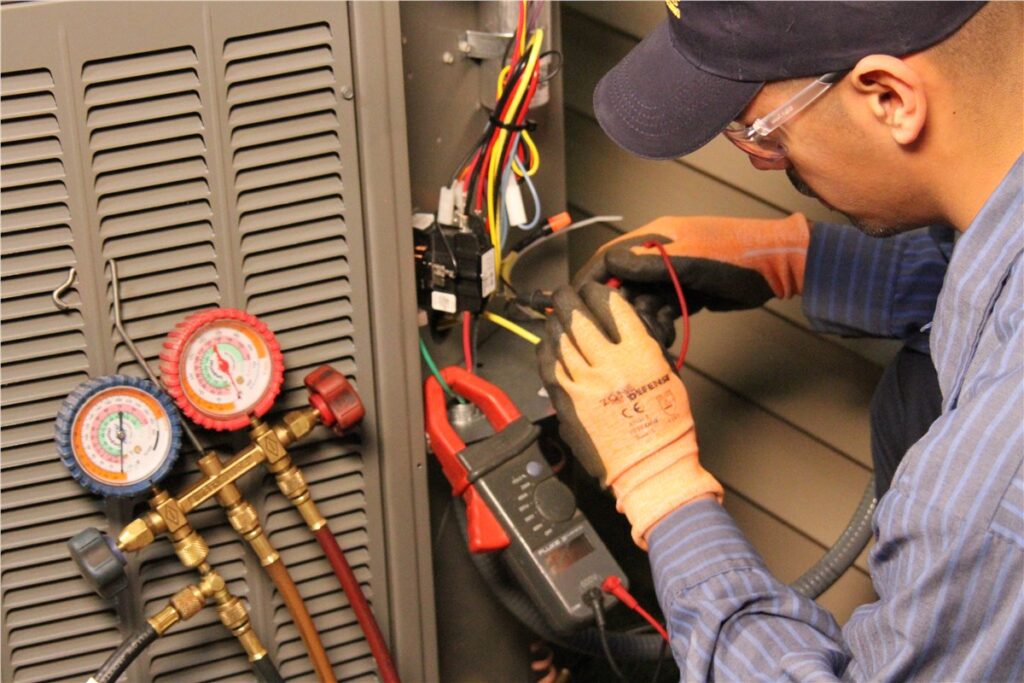
source: pinterest.com
Pressure release valves (PRVs) are essential safety devices that open and release steam when pressure levels in a system reach unsafe levels, including boilers and water heaters. You can visit this site for more information.
Properly functioning PRVs can protect against explosions, fires or injuries due to sudden spikes of excessive pressure – providing peace of mind.
Well-maintained PRVs should last years with proper maintenance, but if one leaks or doesn’t function as it should, repairs or replacement should be scheduled with an experienced technician immediately. Regular testing of PRVs should form part of your boiler maintenance schedule to keep them in tiptop shape.
Preserving the condition of a boiler’s pressure relief valve is essential to protecting employees and customers alike. To test a PRV, simply lift and lower its lever handle, flushing hot water through its discharge pipe to drain. A successful test should leave the valve seat free from debris while producing an audible “pop” sound when opening its valves.
If the test fails, this could be a telltale sign that your valve needs replacing.
Installation damage may have compromised it or there could be an obstruction in the system that’s responsible. In any event, immediate replacement should take place to avoid costly repairs or injuries due to sudden increases in pressure.
Avoid costly repairs by taking time to ensure that the valve is correctly sized. Many accidents and fires have resulted from valves being installed incorrectly or too large; spending the extra time to ensure it fits will save money in the long run.
At the same time, investing in quality pressure relief valves certified by industry is another essential aspect. Not only will you protect your investments by adhering to regulations by using only approved parts on equipment, but you will be making the safest and most responsible choice in the process.

